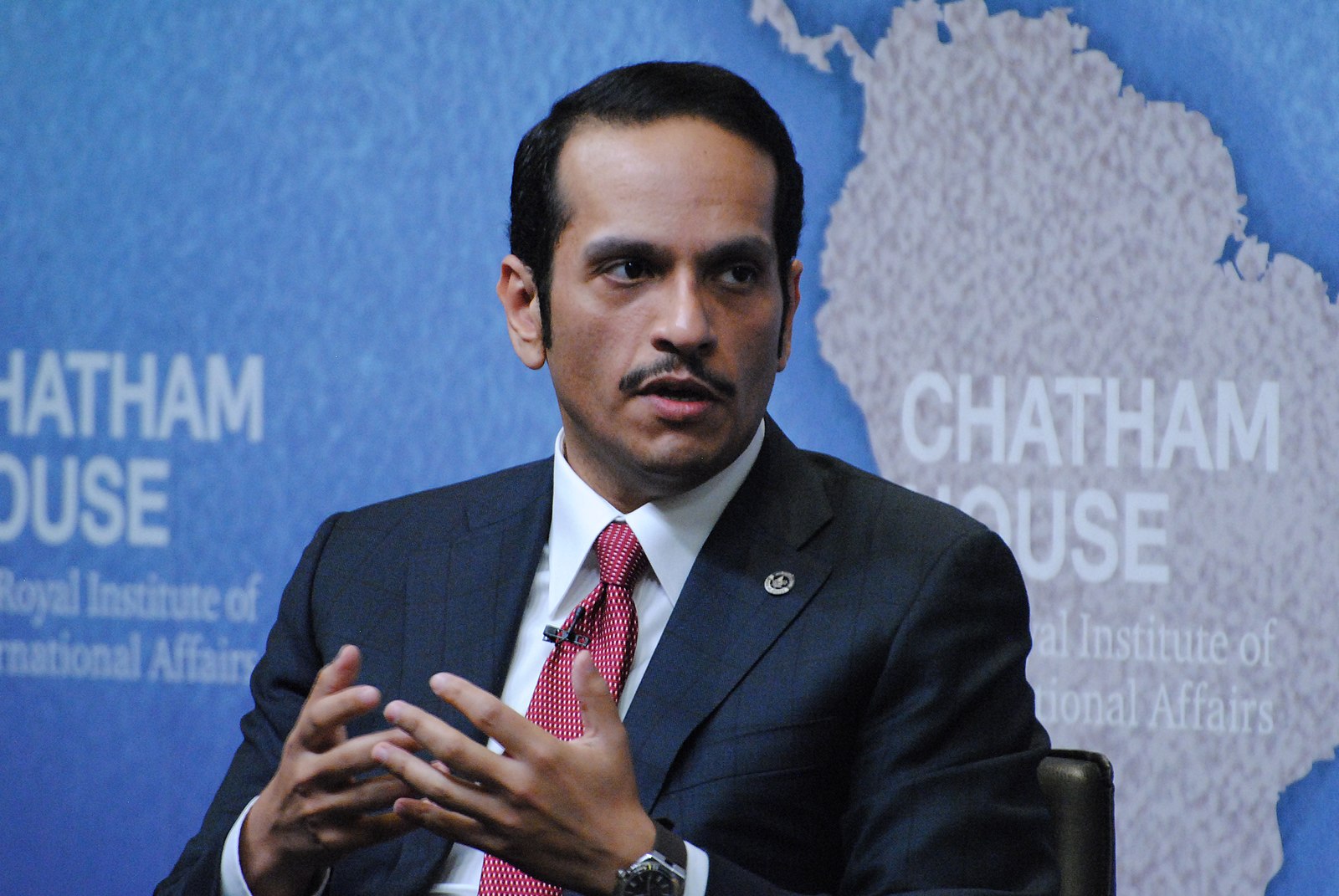The top Qatari official addressed the urgent need to end the Taliban’s restrictions on women’s employment and education.
Qatar’s prime minister reportedly held private discussions with the Taliban’s supreme leader during his most recent trip to Afghanistan, sources told Reuters, describing the meeting as a “diplomatic success” for Doha.
Sheikh Mohammed bin Abdulrahman Al Thani urged Haibatullah Akhunzada to ease tensions with the outside world during the Kandahar meeting earlier this month, believed to be the Taliban leader’s first such face to face contact with a high level foreign official.
Sheikh Mohammed also called on the Taliban official to lift restrictions on women’s employment and education, particularly the prohibition against their working for UN organisations and other humanitarian entities.
The source said Haibatullah had not shown any form of inclination to budge on the stringent rules on women, however the meeting with the Qatari PM has appeared to suggest a more open approach to exploring ways to break Afghanistan’s isolation.
“It was a very positive meeting,” the source told Reuters. A discussion with the international community was something Haibatullah was “very interested” in doing.
However, given the Taliban’s treatment of women and human rights record the global recognition of the interim administration, top members of which remain under US and international sanctions, remains far fetched.
In March 2022, the Taliban forbade girls from attending high schools, and in December they expanded the prohibition to include universities.
The group maintains that only after “conditions” have been satisfied, such as creating an Islamic curriculum, secondary schools will once again open doors to girls.
Sheikh Mohammed and Haibatullah also spoke about routes to address the humanitarian problem in Afghanistan, reports detailed. Since January, the Taliban has made promises to create written regulations permitting humanitarian organisations to employ women, though this has yet to be enforced.
Despite the Taliban’s restrictions on its female staff, the UN said it will continue to operate in Afghanistan to provide aid to millions of Afghans in need, however, “funding is evaporating,” according to comments by UN chief Antonio Guterres from early May.
Nearly 75% of Afghanistan’s 40 million people, according to the UN, require assistance, and the organisation issued a warning that financing is running out.
Guterres issued a dire financial pledge shortfall warning for this year’s humanitarian appeal, which is only slightly over 6% financed and fell short of the $4.6 billion requested for a nation where 97% of the population live in poverty.
Afghanistan is currently facing dire humanitarian conditions that have left tens of millions hungry and jobless.
The administration of the United States President Joe Biden was updated on the discussions and is “coordinating on all issues discussed” by the two sides, including advancing communication with the Taliban, the anonymous source told Reuters.
Washington has also taken the lead in pressing the Taliban to lift the restrictions on women’s employment in a bid to restore women’s freedom of movement and usher Afghans from outside the Taliban’s ranks into the government.
The comments by the source suggest the US was in favour of raising the lower-level negotiations, in the hopes of achieving a breakthrough that would end the only bans of their kind in the world.
According to the source, Sheikh Mohammed also touched on the Taliban’s “continued efforts on the ground” to tackle terrorism, “an apparent reference to Kabul’s drive to crush an Islamic State affiliate,” the report added.
Qatar has long denounced Taliban restrictions on women and promoted greater international cooperation with Kabul through its long-standing diplomatic portal with the South Asian interim government.
Qatar has hosted the Taliban’s political office in Doha since 2012 and has served as a key mediator and diplomatic bridge between the group and the former Afghan administration as well as the western world.
Most notably, the Gulf state managed to bring together the former Afghan government and the Taliban to the table of negotiations in 2020 in an effort to reach a peaceful settlement.
During the same year, Qatar hosted the US and the Taliban following more than a decade of war to produce the Doha Agreement.







